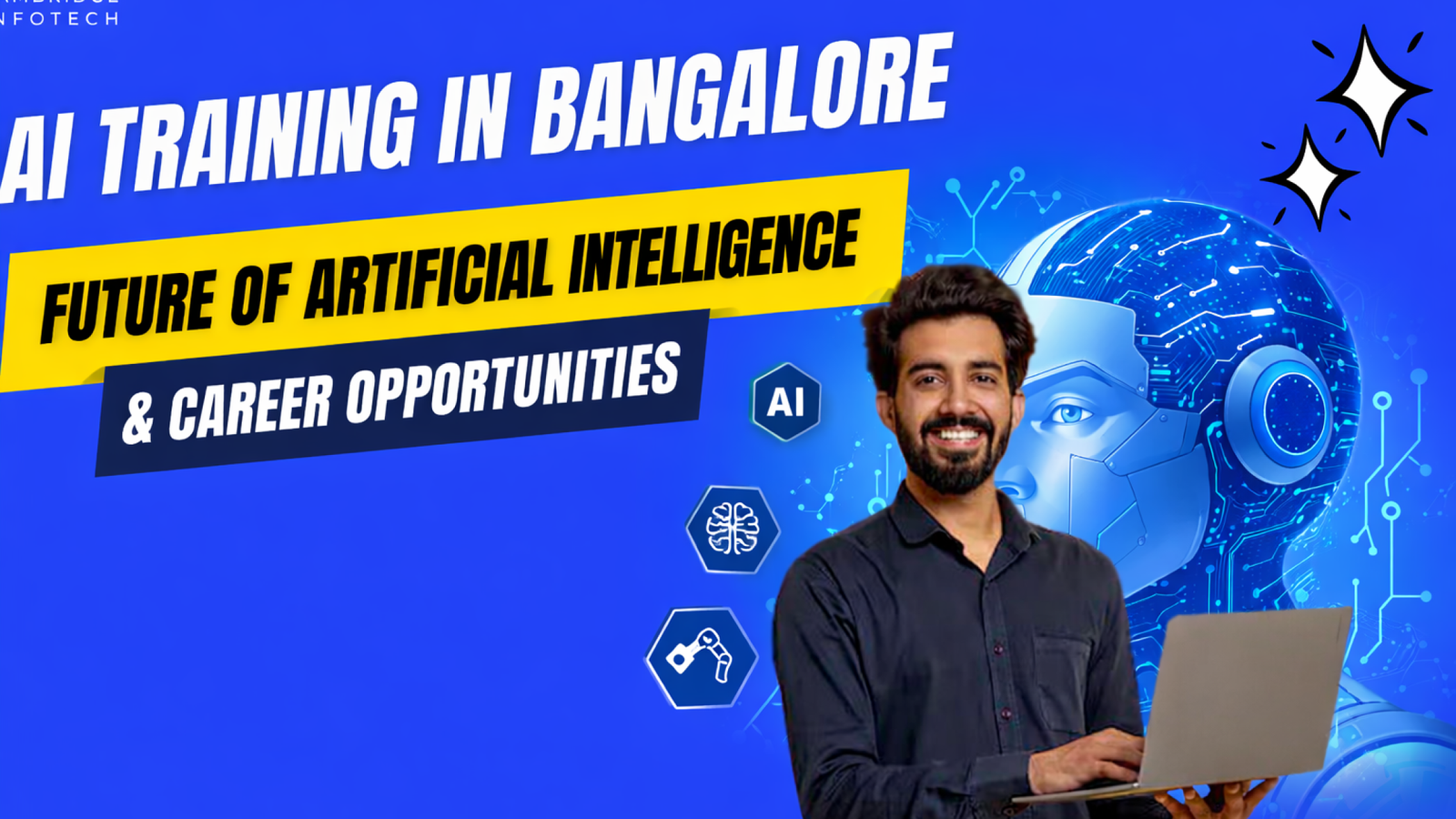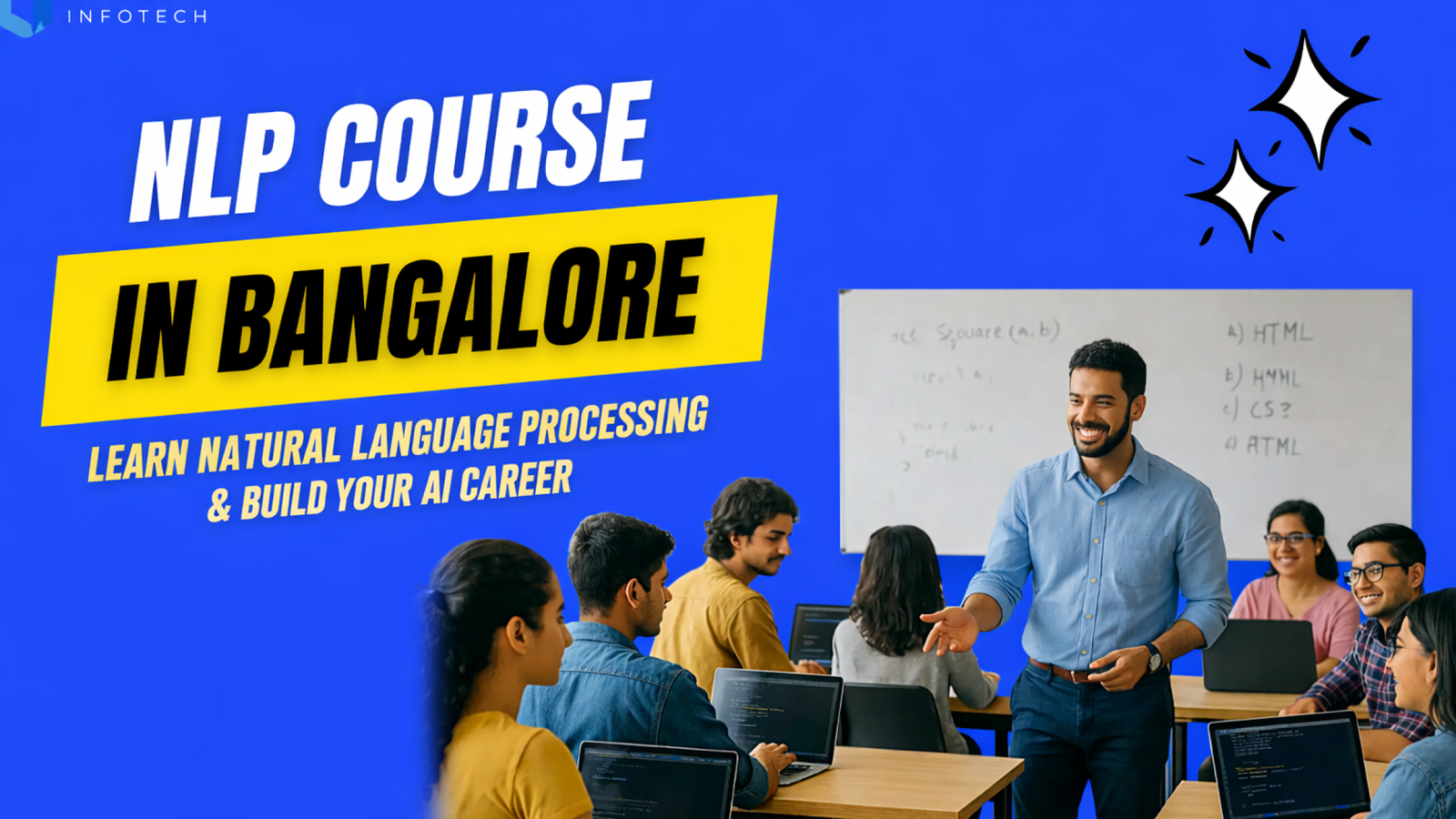10 Best AI Tools for Digital Marketing Success 2025
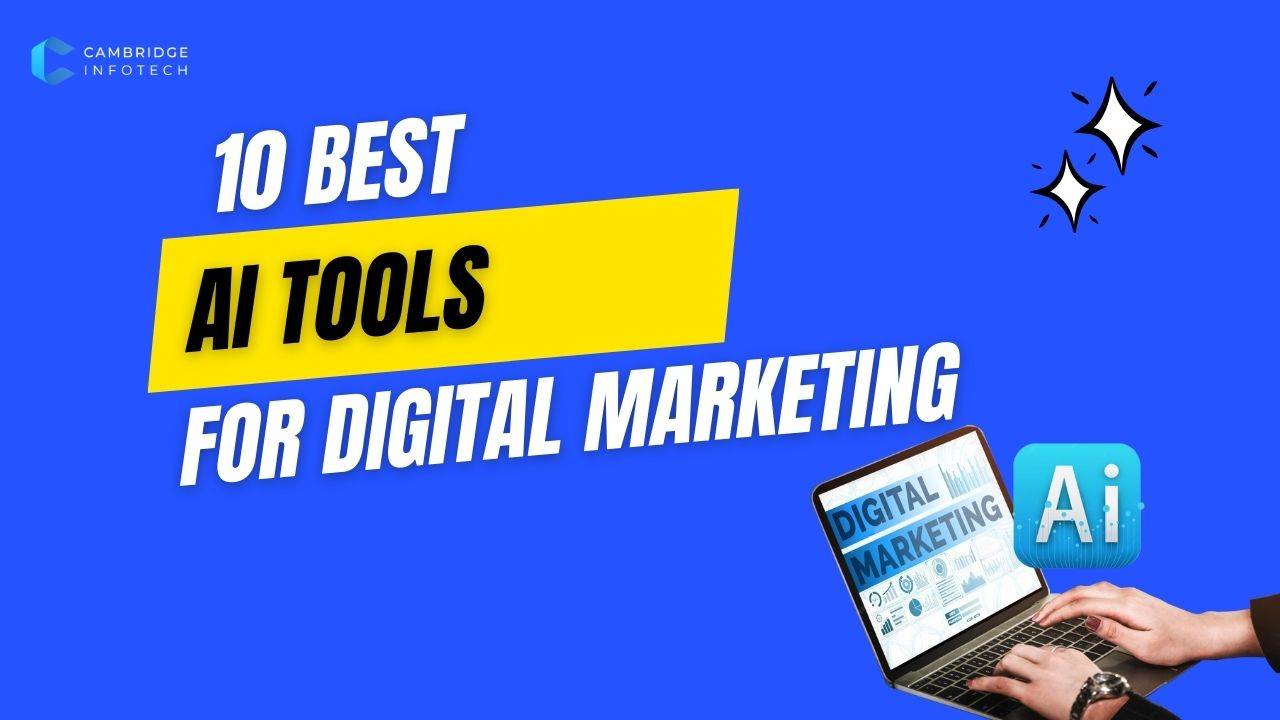
Introduction to AI Tools for Digital Marketing
In today’s fast-paced digital era, marketing has transformed from creative guesswork into a data-driven, highly strategic discipline. Businesses no longer rely only on traditional advertising or instinct; instead, they harness the power of AI tools for digital marketing to analyze consumer behavior, automate campaigns, and deliver personalized customer experiences at scale. Artificial Intelligence (AI) has become a cornerstone in marketing strategies, helping small startups and global enterprises alike stay competitive in an environment where customer attention spans are shrinking and expectations are higher than ever.
But what exactly do we mean by “AI tools for digital marketing”? At its core, these are software solutions powered by artificial intelligence that can perform tasks once done manually—only faster, more accurately, and more efficiently. From chatbots that provide real-time customer support to predictive analytics platforms that forecast buying behavior, AI empowers marketers to create smarter strategies with measurable outcomes.
The adoption of AI is not just a passing trend—it’s a revolution. According to leading industry reports, more than 80% of digital marketers are already using some form of AI, and that number is only set to rise in the coming years. If businesses ignore this shift, they risk falling behind competitors who are actively leveraging AI for targeting, engagement, and conversions.
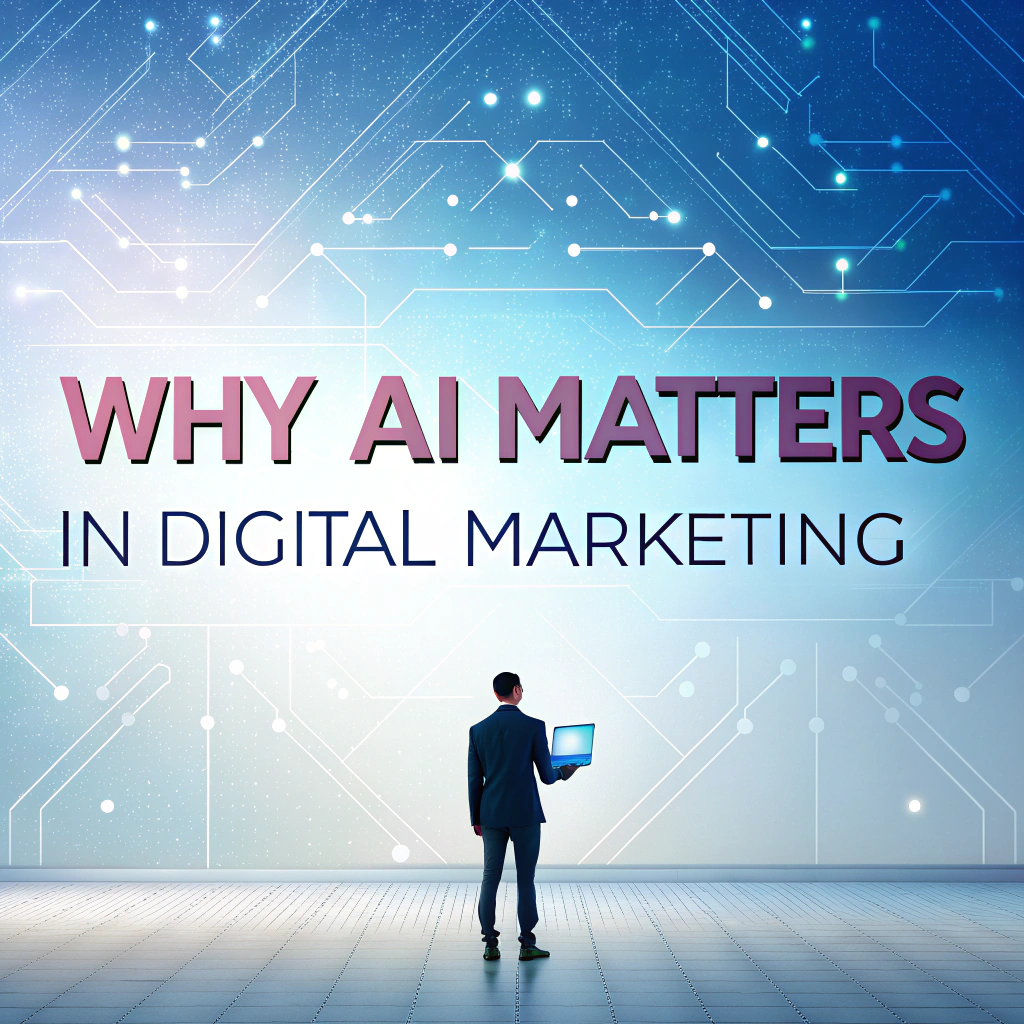 Why AI Matters in Digital Marketing
Why AI Matters in Digital Marketing
Marketing in the 2020s is more complex than ever. Customers interact with brands through multiple touchpoints: websites, search engines, social media, email, mobile apps, and even voice assistants like Alexa and Google Assistant. Managing all these channels simultaneously is overwhelming without the right technology. That’s where AI tools for digital marketing step in.
AI offers marketers the ability to:
Understand audiences deeply – By processing massive amounts of customer data, AI can reveal insights about behavior, preferences, and intent.
Automate repetitive tasks – Tasks like scheduling posts, segmenting audiences, or sending email campaigns can be fully automated with AI, saving marketers countless hours.
Personalize at scale – AI enables hyper-personalized experiences, from product recommendations on e-commerce sites to tailored subject lines in email campaigns.
Predict future outcomes – Predictive analytics powered by AI can forecast trends, campaign success, and customer churn, allowing businesses to stay ahead.
Boost ROI – Every marketer’s ultimate goal is to maximize return on investment. By using data-driven insights, AI helps allocate budgets more effectively and ensures campaigns deliver measurable results.
In short, AI has become the marketer’s most powerful ally.
The Evolution of AI in Marketing
To understand the impact of AI today, it’s useful to look at how it evolved in the marketing world. A decade ago, most companies used basic analytics dashboards that tracked clicks, impressions, and engagement. While useful, these metrics didn’t paint a full picture of customer intent or future behavior.
The rise of machine learning and natural language processing (NLP) changed everything. Suddenly, AI could not only analyze past data but also interpret human language, detect sentiment, and make predictions about the future. Tools like chatbots, voice search optimization, and predictive recommendation engines became mainstream.
Today, AI tools are more accessible than ever. Platforms like HubSpot, Jasper AI, Semrush, and ChatGPT have democratized advanced AI, making it available to businesses of all sizes—not just tech giants with deep pockets. Whether you’re a solopreneur running a small e-commerce store or a multinational corporation, you can harness AI to supercharge your digital marketing efforts.
The Role of AI in Customer-Centric Marketing
One of the biggest shifts AI has brought to digital marketing is the transition from brand-centric to customer-centric strategies. In the past, marketers pushed generic ads to a wide audience, hoping some percentage of people would respond. Today, with the help of AI tools for digital marketing, businesses can craft tailored experiences for each individual customer.
For example:
An online clothing retailer can use AI to recommend products based on browsing history, seasonality, and even local weather.
A SaaS company can deploy AI chatbots to answer FAQs instantly, reducing the need for large support teams.
Social media managers can use AI tools to analyze engagement patterns and determine the best times to post content for maximum reach.
The customer is now at the center of every strategy, and AI ensures their journey is smooth, personalized, and impactful.
Key Benefits of Using AI Tools for Digital Marketing
Let’s break down some of the most important benefits businesses experience when they implement AI in their marketing strategy:
1. Efficiency and Time-Saving
AI can handle time-consuming tasks like content creation, keyword research, and social media scheduling. This gives marketers more room to focus on strategy and creativity.
2. Improved Accuracy
Unlike human analysis, AI doesn’t suffer from fatigue or biases. It processes data objectively and delivers insights that are highly reliable.
3. Cost Reduction
By automating processes and improving targeting, businesses can save money on marketing campaigns while achieving better results.
4. Better Customer Engagement
Through chatbots, recommendation engines, and sentiment analysis, AI creates more engaging and interactive experiences for customers.
5. Scalability
AI tools grow with your business. Whether you have 100 customers or 1 million, AI can handle the complexity and scale effortlessly.
Common Misconceptions About AI in Marketing
While AI adoption is growing rapidly, there are still misconceptions that make some businesses hesitant to embrace it:
“AI will replace marketers.”
Not true. AI is designed to assist marketers, not replace them. It automates repetitive tasks so humans can focus on creativity, strategy, and storytelling.“AI is too expensive.”
While early AI solutions were costly, today there are affordable AI tools available for small businesses, freelancers, and startups.“AI is too complicated to use.”
Modern AI tools are built with user-friendly interfaces, making them accessible to non-technical marketers.
By clearing up these myths, businesses can confidently adopt AI without fear or hesitation.
 Looking Ahead: The Future of AI in Digital Marketing
Looking Ahead: The Future of AI in Digital Marketing
The role of AI in digital marketing is only going to expand. With the rise of generative AI, marketers now have access to tools that can create high-quality blog posts, social media captions, videos, and even ad copy at lightning speed. Combined with predictive analytics, personalization, and automation, AI will shape how brands connect with customers in ways we are only beginning to imagine.
In the near future, expect AI tools to become even more integrated, offering unified platforms where businesses can manage everything from SEO and social media to content marketing and customer service—all powered by intelligent automation.
For businesses, the key is not just to adopt AI, but to adopt it strategically. The brands that succeed will be those that combine human creativity with AI-driven insights, creating campaigns that resonate with customers on a deeper level.
What This Blog Will Cover
Now that we’ve established the importance of AI tools for digital marketing, this blog will guide you through everything you need to know. Across the following sections, we’ll cover:
Top AI Tools for Digital Marketing in 2025 – A breakdown of the best tools available and how they work.
How AI Enhances SEO and Content Marketing – Exploring AI’s role in keyword research, content generation, and ranking higher on search engines.
AI in Social Media & Paid Advertising – How AI helps brands optimize campaigns on Facebook, Instagram, LinkedIn, and Google Ads.
Challenges, Risks, and Best Practices – Understanding potential drawbacks and how to overcome them.
The Future of AI in Marketing – Predictions for the next five years and how businesses can prepare.
By the end of this series, you’ll have a comprehensive understanding of how to use AI tools for digital marketing to grow your brand, engage your audience, and increase ROI.
Top AI Tools for Digital Marketing in 2025
The digital marketing landscape is saturated with tools that promise efficiency and better results, but not all of them deliver. As AI evolves, new platforms emerge while established players integrate deeper machine learning and automation capabilities. Choosing the right AI tools for digital marketing can make the difference between running campaigns that merely exist and those that truly convert.
In this section, we’ll explore some of the most powerful and reliable AI-driven platforms shaping digital marketing in 2025. These tools span multiple domains including SEO, content marketing, social media, advertising, customer engagement, and analytics.
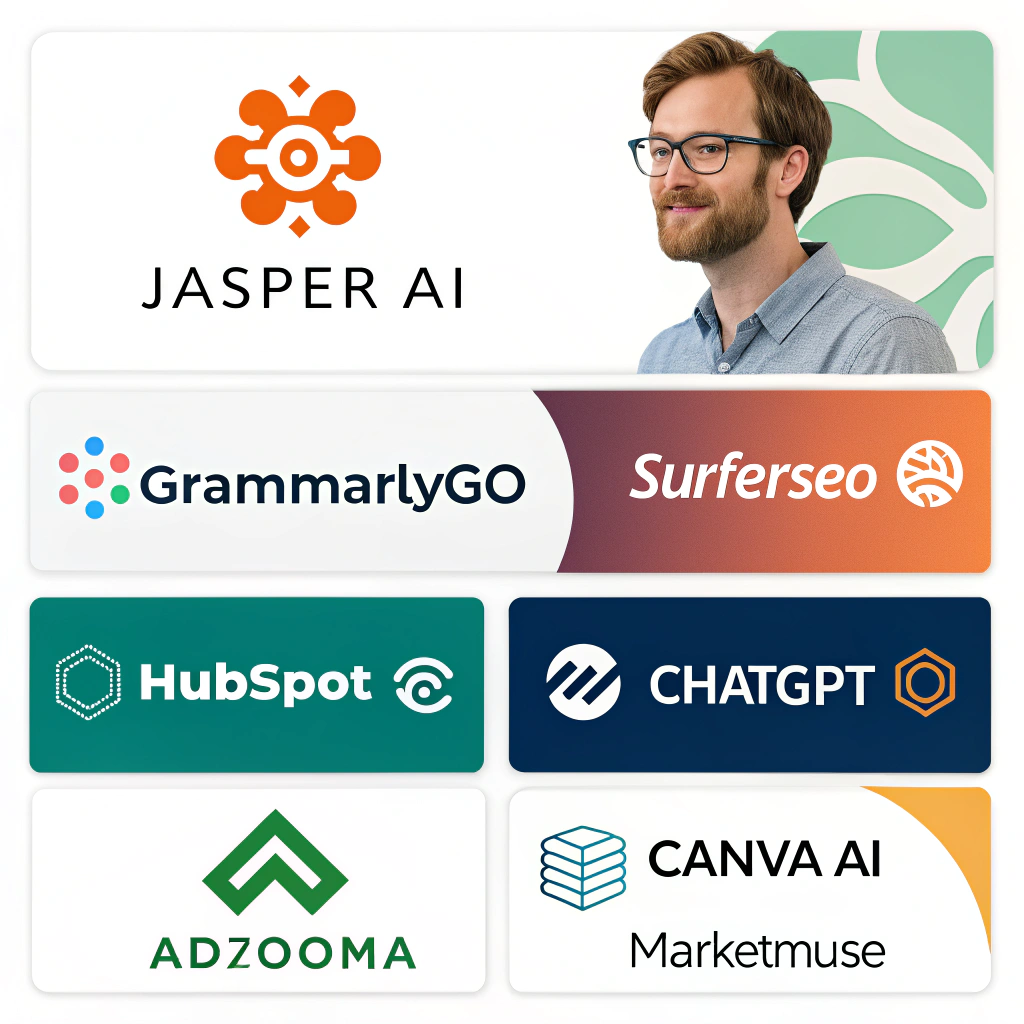 1. Jasper AI – Content Creation & Copywriting
1. Jasper AI – Content Creation & Copywriting
Jasper AI, formerly known as Jarvis, has become one of the most popular AI copywriting platforms. It helps marketers create high-quality blog posts, social media captions, product descriptions, and ad copy in seconds.
How it Works:
Jasper AI uses natural language processing (NLP) and generative AI models to understand context and produce human-like content. Marketers can provide prompts, tone, and target audience details, and Jasper generates tailored text.
Key Features:
50+ copywriting templates (ads, blogs, emails, social posts)
SEO mode powered by SurferSEO integration
Multilingual support for global campaigns
Brand voice customization
Pros:
Saves hours of manual writing
Produces SEO-friendly content
Highly scalable for agencies or large teams
Cons:
Needs fact-checking for complex topics
Subscription-based pricing may be expensive for freelancers
Use Case:
An e-commerce store can use Jasper AI to generate hundreds of product descriptions optimized for SEO, increasing organic visibility and conversions.
2. GrammarlyGO – Smart Editing and Tone Optimization
While Grammarly is already a household name in writing assistance, GrammarlyGO takes it to the next level with generative AI. It doesn’t just fix grammar—it improves clarity, style, and persuasiveness based on context.
Key Features:
Tone detection and adjustment
AI-driven sentence rephrasing
Context-based responses (emails, blog drafts, social posts)
Plagiarism detection
Pros:
Ensures brand voice consistency
Saves editing time for content teams
Integrates with popular platforms (Google Docs, Word, Slack)
Cons:
Best suited for English-only content
May over-simplify complex writing
Use Case:
A digital agency managing multiple client accounts can ensure consistent tone across all content—formal for B2B reports, casual for lifestyle blogs—without hiring additional editors.
3. SurferSEO – AI-Powered SEO Optimization
When it comes to ranking higher on Google, SurferSEO is one of the most widely used AI tools for digital marketing. It analyzes the top-ranking pages for a keyword and provides data-driven recommendations for on-page SEO.
Key Features:
Content Editor with real-time optimization
SERP Analyzer for competitive research
Keyword clustering and content planning
AI-driven internal linking suggestions
Pros:
Provides actionable SEO insights instantly
Great for both beginners and advanced marketers
Works seamlessly with Jasper AI
Cons:
Requires ongoing subscription
Recommendations can sometimes feel overwhelming
Use Case:
A blogger aiming to rank for “best fitness apps” can use SurferSEO to optimize headings, keyword density, and word count, giving them a strong competitive edge.
4. HubSpot – AI-Enhanced Marketing Automation
HubSpot is already known as one of the leading CRMs, but its AI-driven marketing automation features make it invaluable for digital marketers.
Key Features:
Predictive lead scoring
AI-powered email personalization
Automated workflows for customer journeys
Smart content recommendations
Pros:
All-in-one platform (CRM + marketing + sales)
Excellent for scaling businesses
Strong integrations with third-party tools
Cons:
Pricing can be high for small businesses
Advanced features require learning curve
Use Case:
A SaaS company can use HubSpot to nurture leads automatically—sending personalized emails, scheduling follow-ups, and recommending relevant content based on customer behavior.
5. Hootsuite Insights (Powered by Brandwatch) – AI for Social Media Monitoring
Managing multiple social media platforms manually is nearly impossible at scale. Hootsuite, combined with Brandwatch’s AI, provides intelligent insights into brand reputation, competitor activity, and customer sentiment.
Key Features:
Sentiment analysis using AI-driven NLP
Social listening across multiple platforms
AI-powered content scheduling suggestions
Competitor benchmarking
Pros:
Saves time with automated scheduling
Provides actionable insights for engagement
Great for brands with large social presence
Cons:
Subscription cost adds up for small teams
Learning curve for analytics dashboards
Use Case:
A retail brand can monitor conversations about their new product launch, identify potential PR issues early, and engage with customers in real-time.
6. ChatGPT – Conversational AI for Engagement & Content
ChatGPT (from OpenAI) has quickly become one of the most versatile AI tools for digital marketing. From content ideation and scriptwriting to creating chatbots, it has limitless applications.
Key Features:
Natural conversational responses
Content generation for blogs, ads, and email
Integration into websites as AI chatbots
Custom training for brand-specific tone
Pros:
Extremely flexible for multiple use cases
Reduces need for large content teams
Supports real-time customer engagement
Cons:
Requires human review to ensure accuracy
Free version has limited capabilities
Use Case:
An online course provider can deploy a ChatGPT-powered chatbot to guide students through FAQs, upsell premium plans, and collect feedback.
7. Canva AI – Smart Design for Marketers
Visual content is essential in digital marketing, and Canva’s AI-powered features simplify design for non-designers.
Key Features:
AI text-to-image generator
Magic Resize for multi-platform designs
AI-powered copy suggestions for visuals
Pre-designed templates optimized for engagement
Pros:
Easy-to-use drag-and-drop editor
Saves cost on graphic designers
Great for social media and ad creatives
Cons:
Limited for complex branding needs
Some AI outputs require manual tweaking
Use Case:
A small business can create professional ad banners, social posts, and presentation slides within minutes without hiring a full design team.
8. Adzooma – AI for PPC and Ad Optimization
Paid advertising can be expensive if not optimized properly. Adzooma uses AI to analyze campaigns across Google Ads, Microsoft Ads, and Facebook Ads, making recommendations to improve ROI.
Key Features:
AI-based ad performance reports
Bid adjustment recommendations
Competitor benchmarking
Automated campaign optimizations
Pros:
Saves money on ad spend
Easy-to-use dashboard
Works across multiple ad platforms
Cons:
Limited customization for niche campaigns
Works best with medium-to-large ad budgets
Use Case:
A digital agency can use Adzooma to manage multiple client campaigns, automatically improving ad performance without manual intervention.
9. Seventh Sense – AI Email Delivery Optimization
Email marketing remains one of the highest-ROI channels, but timing is everything. Seventh Sense uses AI to analyze subscriber behavior and determine the best time to deliver emails for maximum engagement.
Key Features:
AI-driven email delivery optimization
Behavior-based segmentation
Real-time engagement tracking
HubSpot and Marketo integrations
Pros:
Increases open and click-through rates
Reduces unsubscribes
Works with existing email platforms
Cons:
Primarily useful for email-heavy campaigns
Limited reporting features
Use Case:
A B2B company sending weekly newsletters can boost open rates significantly by ensuring emails land when each subscriber is most likely to check their inbox.
10. MarketMuse – AI for Content Strategy
MarketMuse is a strategic AI platform that helps businesses plan, research, and optimize content for better rankings.
Key Features:
AI-driven content research
Topic modeling and keyword clustering
Gap analysis against competitors
Content briefs for writers
Pros:
Improves topical authority
Saves research time
Provides detailed content outlines
Cons:
Expensive for small businesses
Requires learning curve for beginners
Use Case:
A digital marketing team can use MarketMuse to plan a year-long content strategy, ensuring they cover every keyword cluster within their niche.
Final Thoughts on AI Tools for Digital Marketing
As we’ve seen, the range of AI tools for digital marketing is vast—covering content, SEO, social media, advertising, design, email, and analytics. The key is not to adopt all tools blindly, but to carefully select the ones that align with your business goals, audience, and resources.
Some businesses may prioritize content creation (Jasper AI, ChatGPT, MarketMuse), while others may focus on SEO (SurferSEO), paid ads (Adzooma), or design (Canva AI). Regardless of the tool, the outcome remains the same: saving time, improving accuracy, and maximizing ROI.
By 2025, these tools are no longer “nice to have”—they are essential for any brand serious about competing in the digital space.
FAQs
1. What are AI tools for digital marketing?
AI tools for digital marketing are software solutions powered by artificial intelligence that help automate tasks like SEO, content creation, social media management, ad optimization, and customer engagement.
2. How can AI improve digital marketing strategies?
AI improves digital marketing by analyzing large data sets, predicting customer behavior, personalizing content, automating campaigns, and optimizing ROI.
3. What is the best AI tool for content creation?
Jasper AI and ChatGPT are among the best AI tools for content creation, offering blog writing, ad copy generation, and social media content.
4. Can AI tools help with SEO?
Yes. Tools like SurferSEO, MarketMuse, and SEMrush use AI to analyze competitor rankings, suggest keywords, optimize on-page SEO, and improve search visibility.
5. Are AI tools for digital marketing expensive?
Not always. Many AI tools offer affordable plans for small businesses, while advanced enterprise solutions can be costly but deliver high ROI.
6. Can small businesses use AI for marketing?
Absolutely. AI tools like Canva AI, GrammarlyGO, and ChatGPT are beginner-friendly and affordable, making them ideal for startups and small businesses.
7. How does AI personalize marketing campaigns?
AI personalizes campaigns by analyzing customer behavior, browsing history, and preferences, then delivering targeted emails, ads, or product recommendations.
8. Will AI replace human marketers?
No. AI tools for digital marketing assist with automation and data analysis, but creativity, strategy, and emotional intelligence still require human marketers.
9. What are the most popular AI tools for digital marketing in 2025?
Some of the most popular AI tools include Jasper AI, SurferSEO, HubSpot, ChatGPT, Canva AI, MarketMuse, and Adzooma.
10. What is the future of AI in digital marketing?
The future of AI in digital marketing lies in deeper personalization, predictive analytics, generative content, and integrated platforms that manage entire customer journeys.
Ready to Transform Your Business with AI Tools for Digital Marketing?
Don’t get left behind—start leveraging powerful AI solutions today to boost ROI, save time, and grow smarter. At Cambridge Infotech, we help professionals and businesses master the latest AI-driven strategies.
Enroll in our AI & Digital Marketing Program Today and stay ahead in 2025 and beyond!



